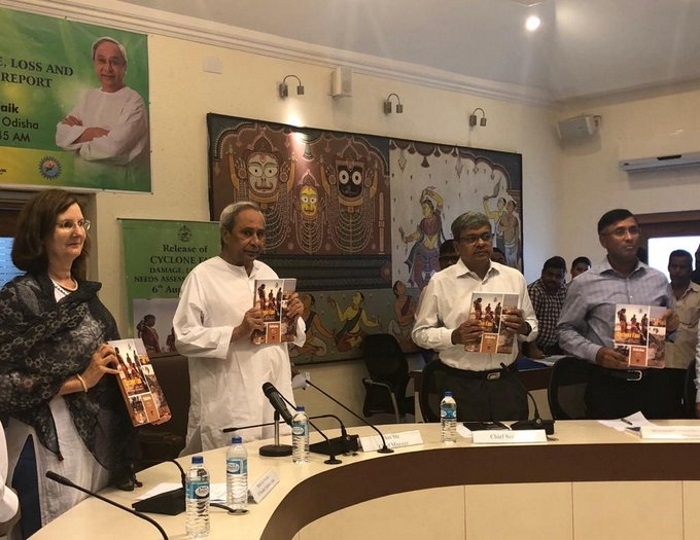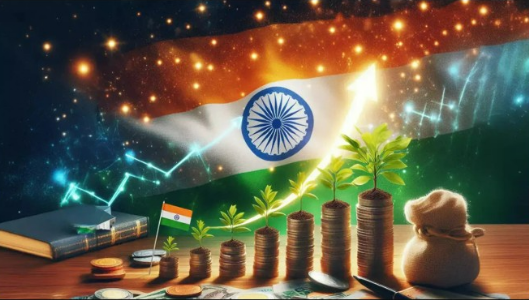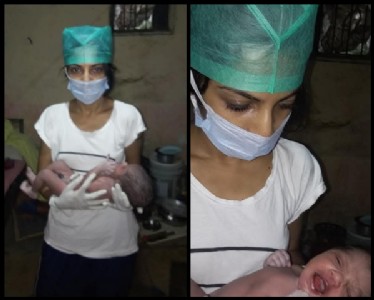#CycloneFani: Naveen Patnaik releases ‘Cyclone FANI-DLNA Report’
Total Views |

Bhubaneshwar, Aug. 6: Cyclone Fani is the most devastating natural disaster Odisha witnessed in the time being. Measuring damage and losses, complete post-cyclone analysis is released by Chief Minister of Odisha, Naveen Patnaik. The report is damage assessment report on cyclone Fani which estimates the total damage and loss at Rs. 24, 176 crore and recovery needs at Rs. 29, 315 crores.
This report, ‘Cyclone FANI- Damage, Loss and Needs Assessment Report’ (DLNA report) dispenses information and overview of the macroeconomic and human impact of the disaster and is a first step towards laying recovery roadmaps and achievement of a vision for disaster resilient Odisha.
As per the report, The infrastructure sectors were the hardest hit and constitute about 42% of the total needs and the social sectors which include housing, constitute 36% of the total needs, as per the report. It proposes a recovery strategy built around three pillars - resilient housing, resilient infrastructure, and resilient livelihoods. The Cyclone Fani - Damage, Loss, and Needs Assessment (DLNA) report will contribute towards expediting the reconstruction and recovery processes in the state.
Post the cyclone, the state government under the guidance of the Centre and in collaboration with the World Bank, Asian Development Bank (ADB) and the United Nations (UN), undertook the DLNA to support the recovery process.
While releasing the report, CM of Odisha, Naveen Patnaik said, “The damage assessment report would provide a way forward to the recovery of the state from the cyclone as well as develop a better preparedness strategy for the future”.
He invited the international agencies, national NGOs, the private sector and the civil society to come forward and join in the recovery and reconstruction efforts to rebuild Odisha.
The assessment spanned over a period of 20 days comprising a team of more than 100 multi-sectoral experts from the World Bank, ADB and various agencies of the UN along with officials from several departments of the state government and local NGOs.




